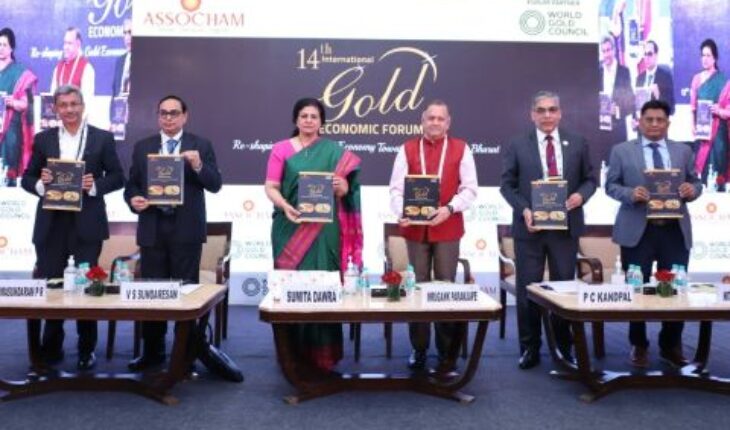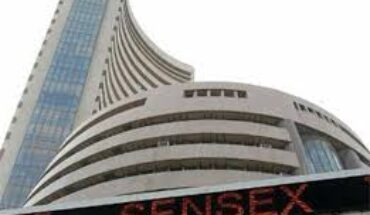New Delhi : At the 14th International Gold Economic Forum organised by ASSOCHAM V S Sundaresan, Executive Director, Securities and Exchange Board of India stated in his keynote address that gold is one of the most essential assets and that India has amassed more than 20,000 tonnes of gold over the years. India’s global market accounts for 25% of global demand, and since less than 1% of supply is acquired from mining, imports are mostly used to fill the gap. We need to tap the quality assurance and price standards. With the right market regulator, people will have more acceptance and comfort of dealing with the product.
The Securities and Exchange Board of India (SEBI) introduced the Electronic Gold Receipt (EGR), and the BSE launched it about a month ago. According to V S Sundaresan, Executive Director at Sebi, “we hope that this product would undoubtedly gain acceptance over a period of time.”
In order to use this product, physical gold must be deposited in a vault. The vault manager will then issue an electronic receipt, which will be credited to the investor’s demat account and can be traded on the stock exchange.
Accordingly, the gold will remain in a vault but will produce some form of income, and V S Sundaresan noted that the gold that isn’t being used can be put to good use.
EGR trading was started on the Bombay Stock Exchange’s platform, he noted.
Mrugank Paranjape, Chairman, National Council on Commodity Markets, ASSOCHAM & Managing Director & Chief Executive Officer, NCDEX e Markets Limited (NEML), “The domestic market is supported by cultural, wedding, and holiday demand, which opens up a wide range of prospects. The industry is currently focusing on product offers that deliver both value and variety to India’s diverse cultural and demographic customer base as a result of the competitiveness engendered by such rapid expansion.”
P C Kandpal, Deputy Managing Director (Retail – PB & RE), State Bank of India (SBI) said, “Banks play a significant role in the gold sector by fostering greater trust throughout the gold value chain, driving efficiency, providing liquidity, fostering transparency, and assisting price discovery”.
Mining and recycling should be the two main directions that the gold industry should move in, according to Somasundaram P R, Regional CEO – India, World Gold Council (WGC). India’s domestic gold market demand increased by up to 80%. The government has put in place the Gold Monetization Scheme, Sovereign Gold Bond Scheme, and Hallmarking Scheme to safeguard consumers when they purchase gold of the appropriate purity, boost export competitiveness, and promote India as a significant global market for gold jewelry.
He went on to state that the Indian gold sector requires a self-regulatory organisation as it is poised for the next stage with the establishment of an SRO, further shedding light on the issue of “Self-Regulatory Organization (SRO) For Global Benchmarking: Opportunities, Challenges, and the Way Forward.” The SRO will initiate systematic code of conduct for every industry vertical, providing certification for members who adopt these codes, interacting with stakeholders across the gold value chain and promoting best practices, he said.






